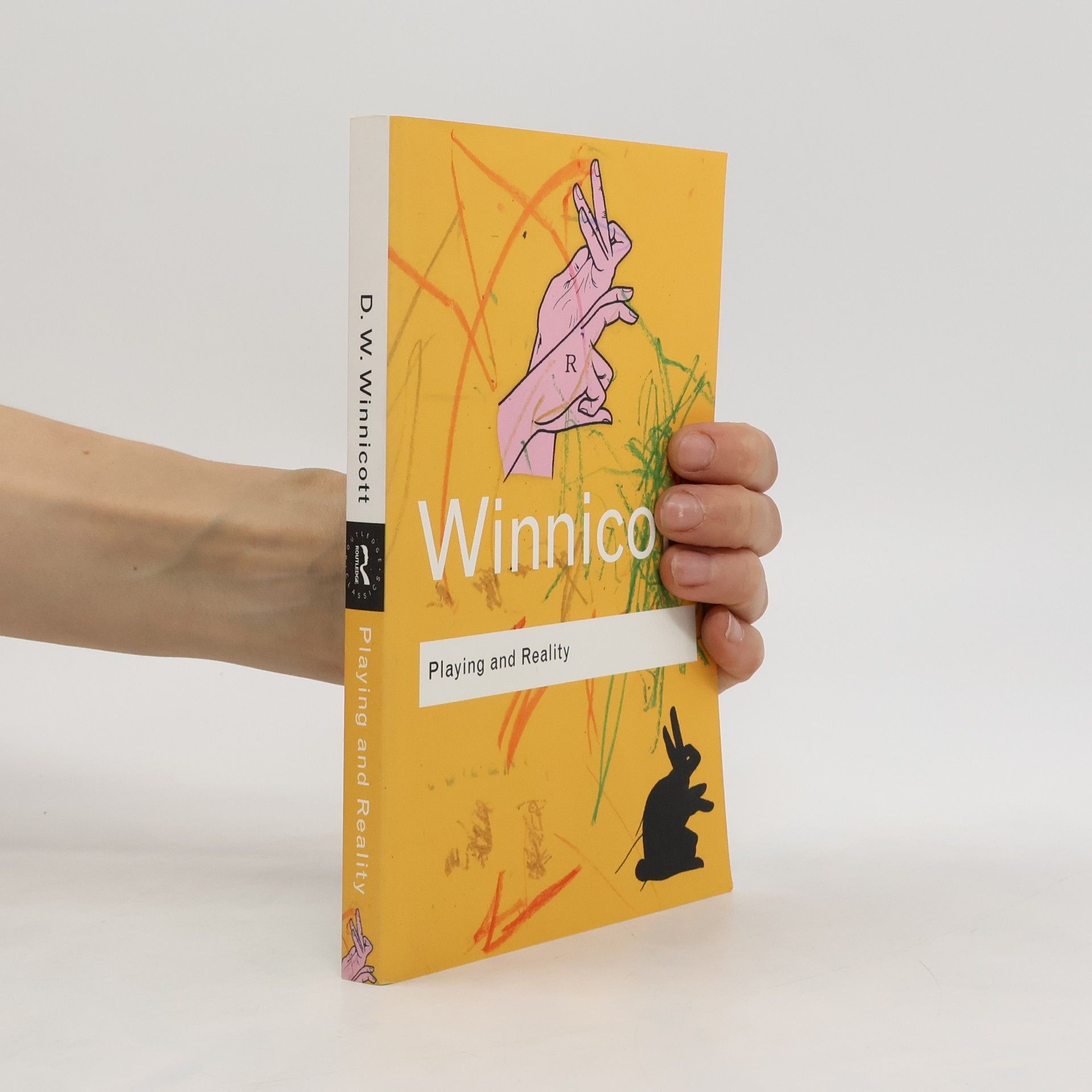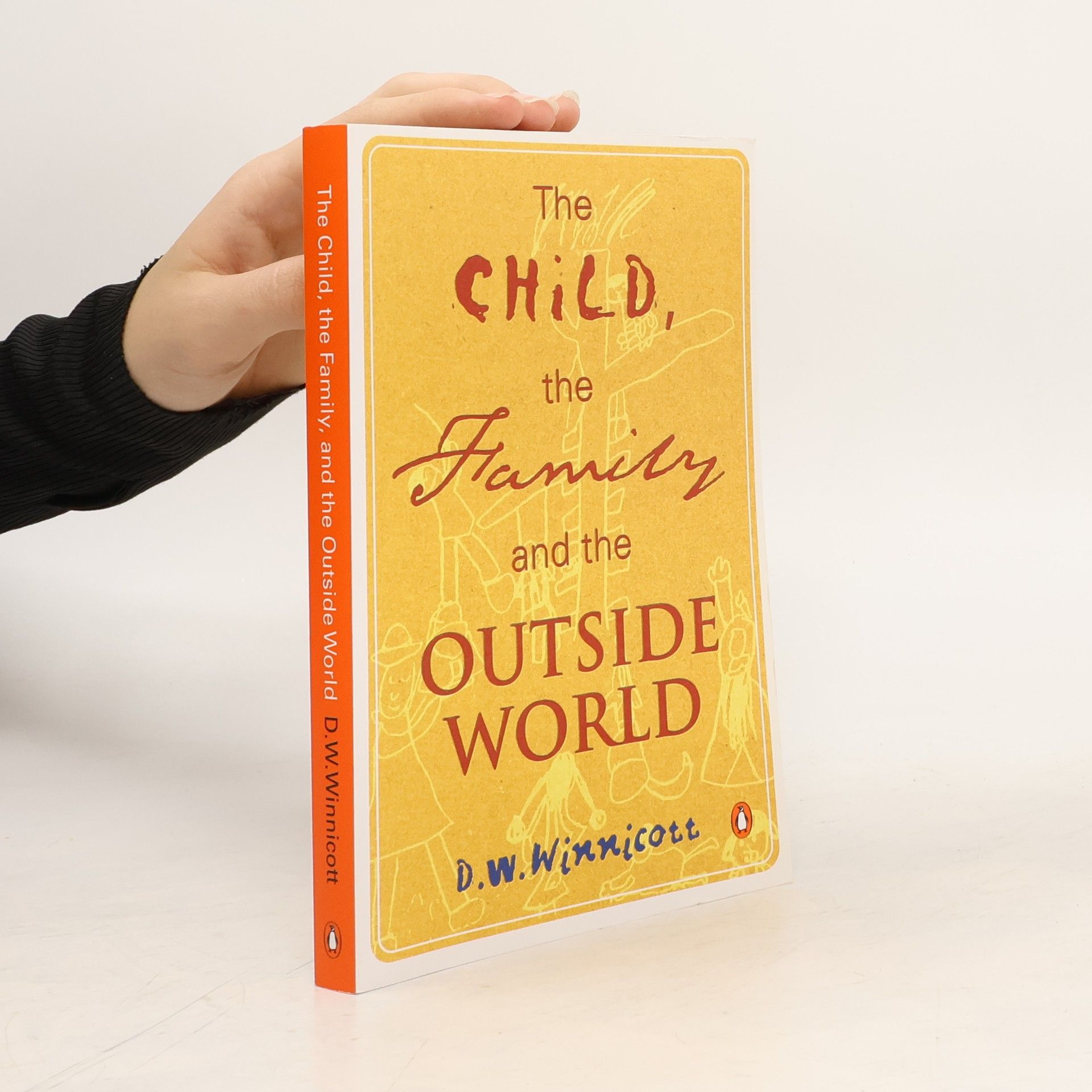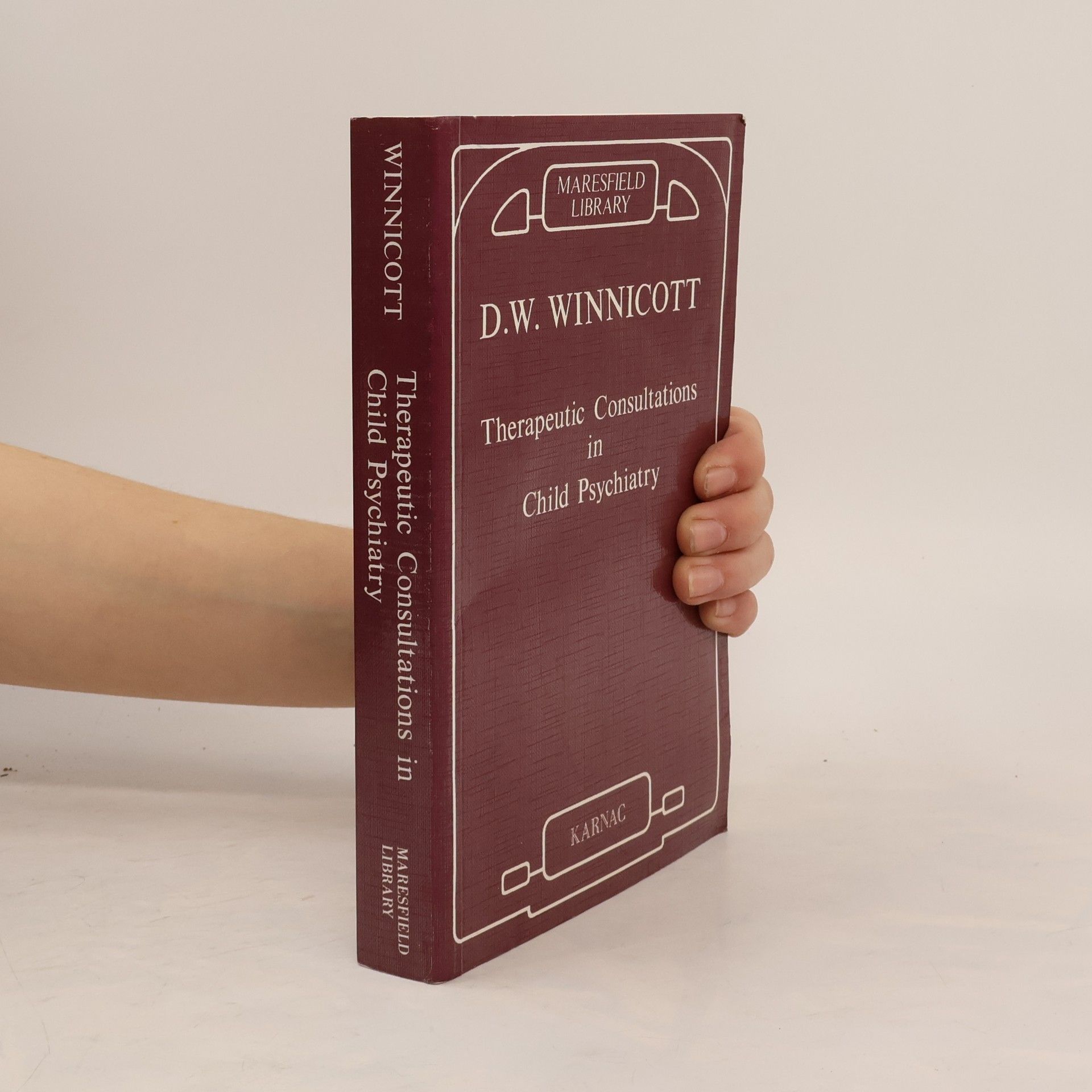Comprende la psicología: La psicología de las relaciones objetales
- 142 páginas
- 5 horas de lectura
Donald Winnicott sobresale como una de las figuras más fascinantes del panorama psicoanalítico del siglo XX. Su práctica en el campo de los trastornos de la mente infantil, corroborada durante muchos años por el ejercicio de la pediatría, abre nuevos caminos que también en nuestros días siguen reservando importantes desarrollos. Al igual que otros compañeros de la escena británica, Winnicott retoma de Melanie Klein la teoría de las relaciones objetales, que define la relación del individuo desde la más tierna edad con el mundo, con los objetos internos y externos. Su conrtibución en este campo es fundamental, ya que se concentra en la relación madre e hijio. Se derivan muchos conceptos originales como el de madre <>, es decir, capaz de ofrecer un cuidado adecuado, o de <> que, al igual que la manta de Linus, tranquiliza al pequeño durante la separación progresiva de la figura materna. La de Winnicott es una visión profunda, de gran humanidad, que hace que su obra sea valiosa y siempre actual.




